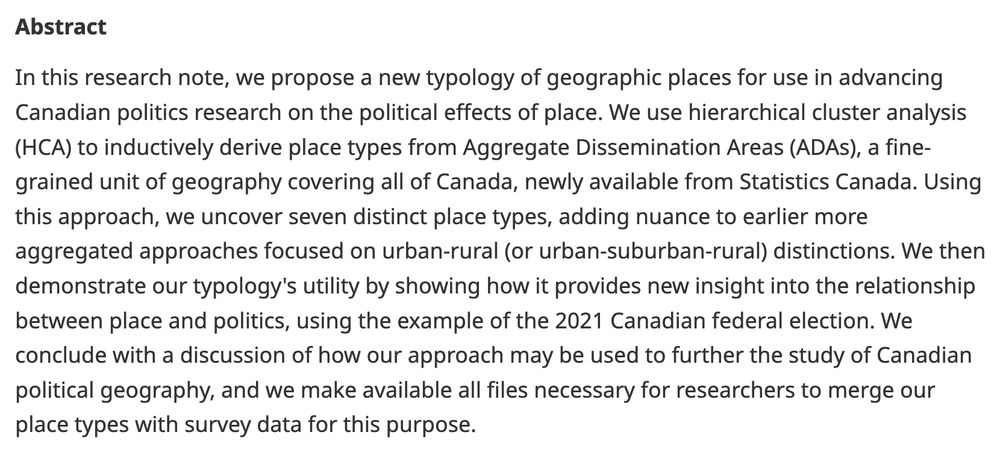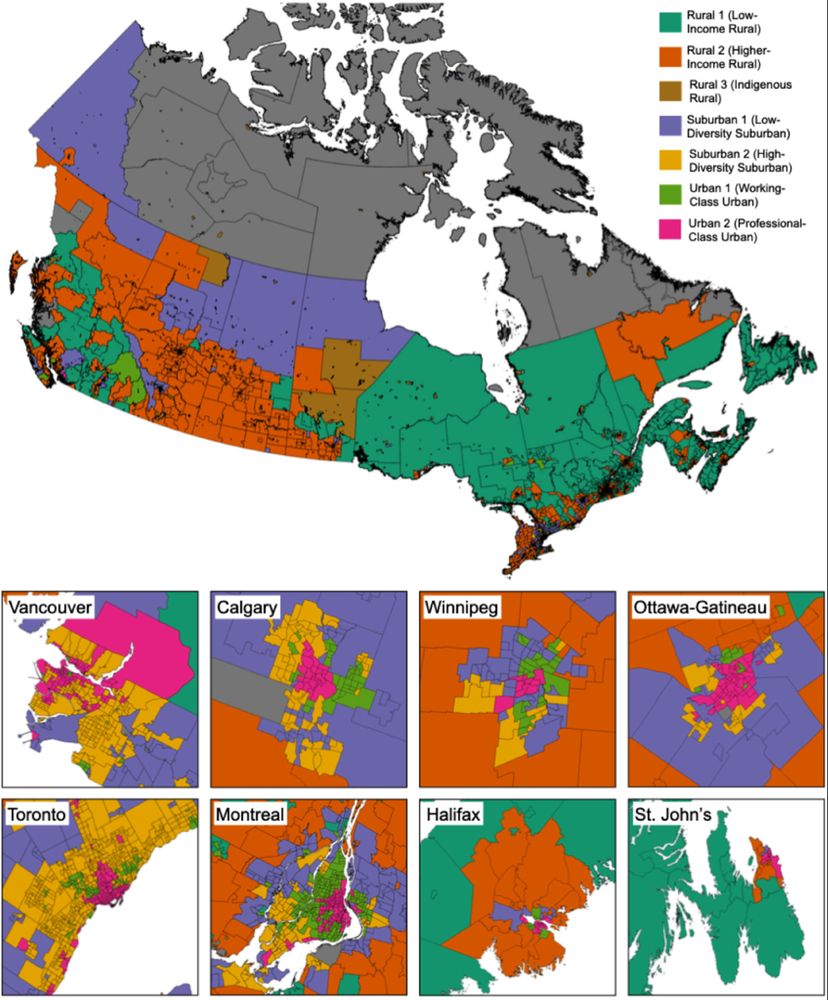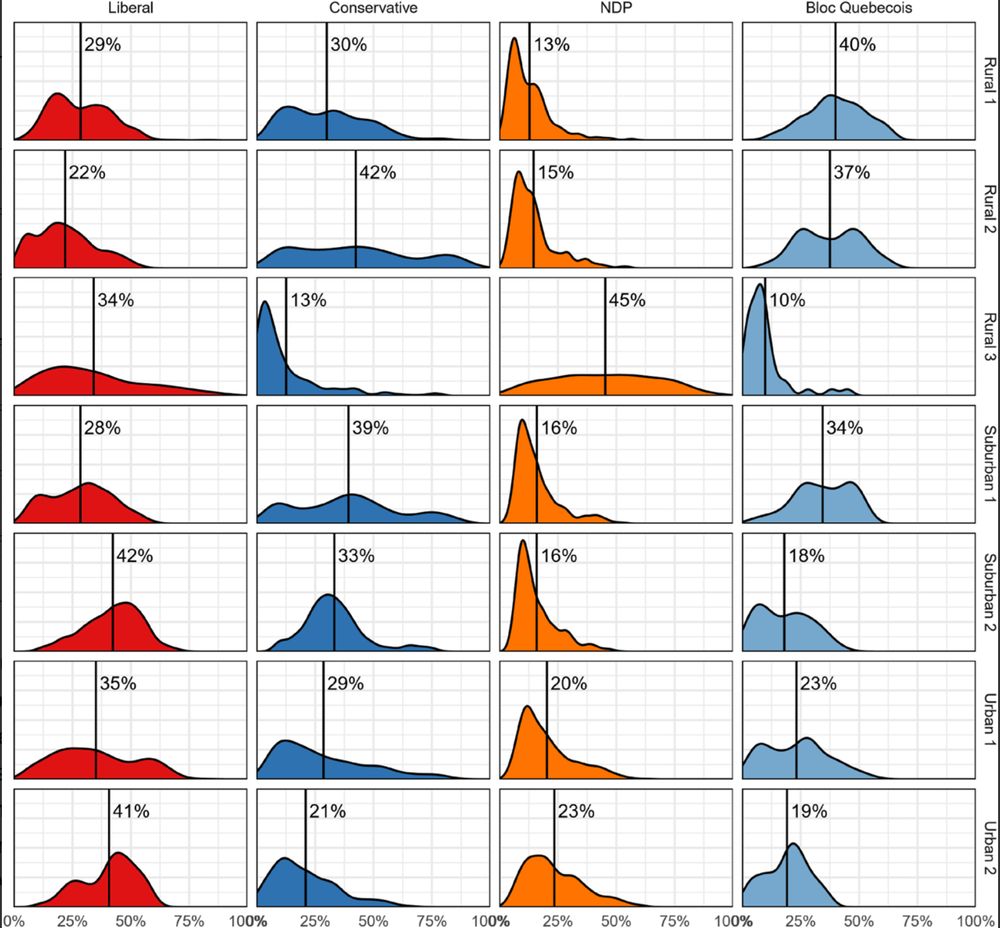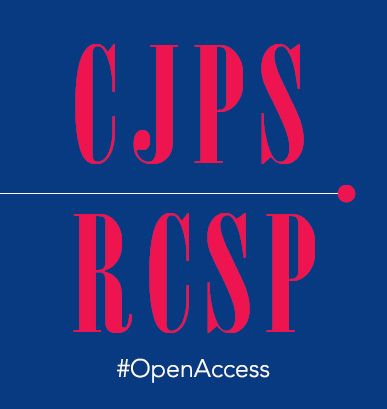Professor of Political Science, University of Calgary https://lucasjacklucas.github.io/ | Co-Director, Canadian Municipal Barometer http://www.cmb-bmc.ca
Reposted by Jack Lucas

Reposted by Jack Lucas





Reposted by Jack Lucas

I'll be moderating this Nonprofits Vote event with panelists Matt Solberg, @markusoff.bsky.social, Rachel Swendseid & @jacklucas.bsky.social discussing the election that was.
Join us at 10 a.m. on Oct. 23. No cost and online, register here: www.eventbrite.ca/e/political-...













survey.ucalgary.ca/jfe/form/SV_...

Reposted by Jack Lucas

Reposted by Alain Noël, Christian Breunig, Jack Lucas , and 1 more Alain Noël, Christian Breunig, Jack Lucas, Anton Grau Larsen

doi.org/10.1017/S000...



Reposted by Jack Lucas

Place Types - cup.org/44cNqVq
"...we propose a new typology of geographic places for use in advancing Canadian politics research on the political effects of place..."
- @sborwein.bsky.social & @jacklucas.bsky.social
#FirstView

